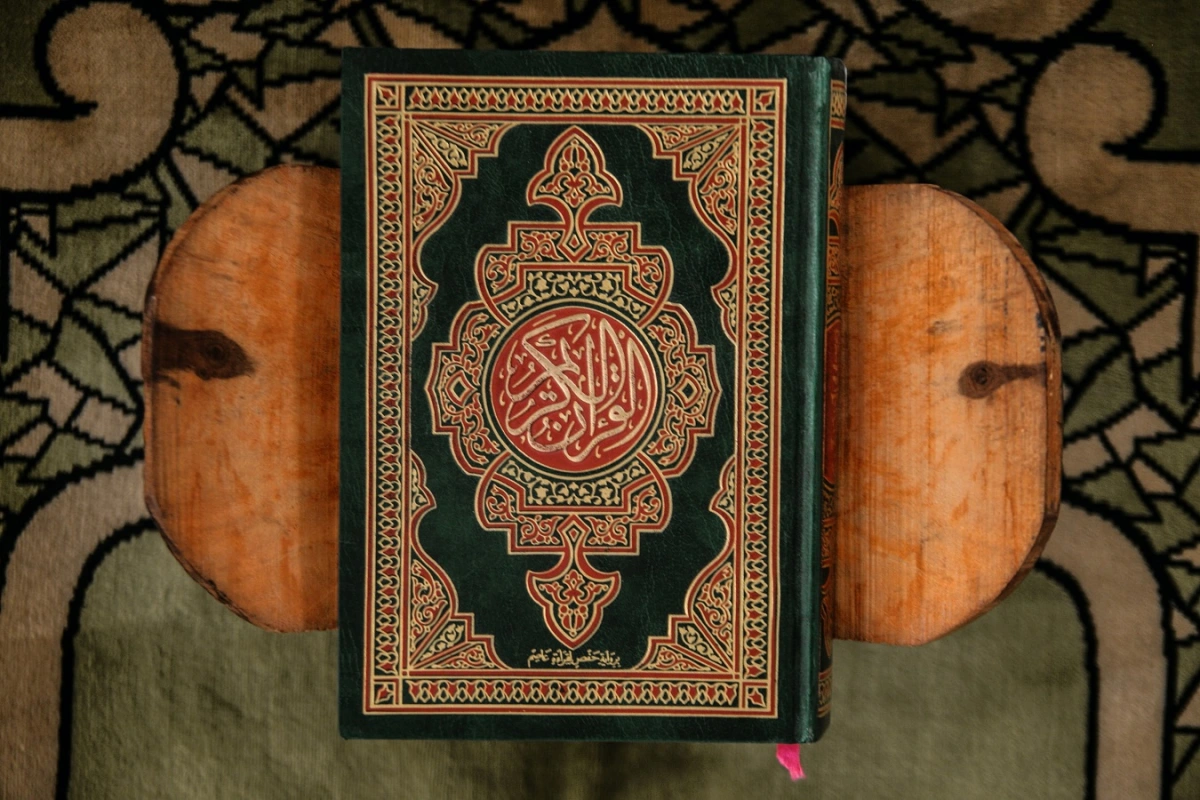Importance of Surah Fatiha

“The opening” is what Al Fatiha signifies. The first chapter and introduction of the Quran is Surah Fatiha. It was the first whole Surah that the Prophet Muhammad (SAW) received during his early prophetic career in Mecca. The establishment of the core tenets of Islam is the principal topic of Surah Fatiha. Muhammad (SAW) said, “There are two lights from heaven, one is surah Fatiha and the other is surah Baqarah,” in response to an angel’s question concerning Surah Fatiha. (Sahih Al-Bukhari).
The significance of Surah Fatiha is reflected in its numerous titles, such as Umul-Kitab (mother of the book), which refers to the text that contains the cornerstone of Islam. Since it starts with Allah’s praise, it is also known as Al-Hamd (praise). It is called Sabah-Mathani (seven times repeated) in Surah Al-Hijr. “And We have certainly given you, [O Muhammad], seven of the often repeated [verses] and the great Qur’an.“ Qur’an 15:87. The only Surah that is recited at every salah and more than twenty times a day is Fatiha. Without it, prayer is incomplete. As a result, Al-Kafiyah (adequate) is another name for it. Because Surah Fatiha heals the body and heart, it is also known as Al-Shafiya, or the healer. It was referred to as ruqya (incantation) by the Prophet (SAW). (Sahih Al-Bukhari).
Surah Fatiha’s first verse gives thanks to Allah. “All glory belongs to Allah, the Almighty.” In this verse, Allah presents Himself as the ruler of the cosmos, ruling over people, angels, jinn, and prophets alike. The next verse, “The Most Compassionate, Most Merciful,” declares that Allah is very forgiving to all people. Allah declares that he is the master of the day of judgement, when everyone will have to face Allah’s justice, in the verse that follows, “Master of the Day of Judgement.” Only He has the power to reward good actions, and only He has the power to punish bad.
We say, “You alone we worship and You alone we ask for help,” at the middle of Surah Fatiha. This is a daily commitment made several times by a believer. The final section of the Surah is a dua (supplication) that is intended to ask Allah for guidance. We beseech Him to lead us along the correct road and to spare us from following in the footsteps of those who have offended Him.
The messenger of Allah (SAW) said, “Allah has not revealed the likes of Umm Al-Kitab in the Tawrah, nor the Injil. It is the seven most repeated ayah (Sabah Mathani), and (Allah said), it is divided between myself and my slave, and my slave shall have what he asks for.” (Jamiat at-Tirmidhi). This means that Allah personally responds to us with every ayah of Surah Fatiha that we recite. “When the servant says, ‘praise be to Allah, the lord of the universe,’ Allah then says, ‘My servant has praised me.’ For the verse, ‘The most compassionate, the merciful,’ Allah responds, ‘My servant has lauded Me.’ For the verse, ‘Master of the day of judgment,’ Allah responds, ‘My servant has glorified Me.’ And for the final few verses, Allah responds, ‘This is between Me and My servant, and My servant will receive what he asks for.’” (Sahih Muslim) Surah Fatiha is a conversation between the reciter and Allah as well as a prayer for guidance. The rest of the Quran is the answer to this prayer.


